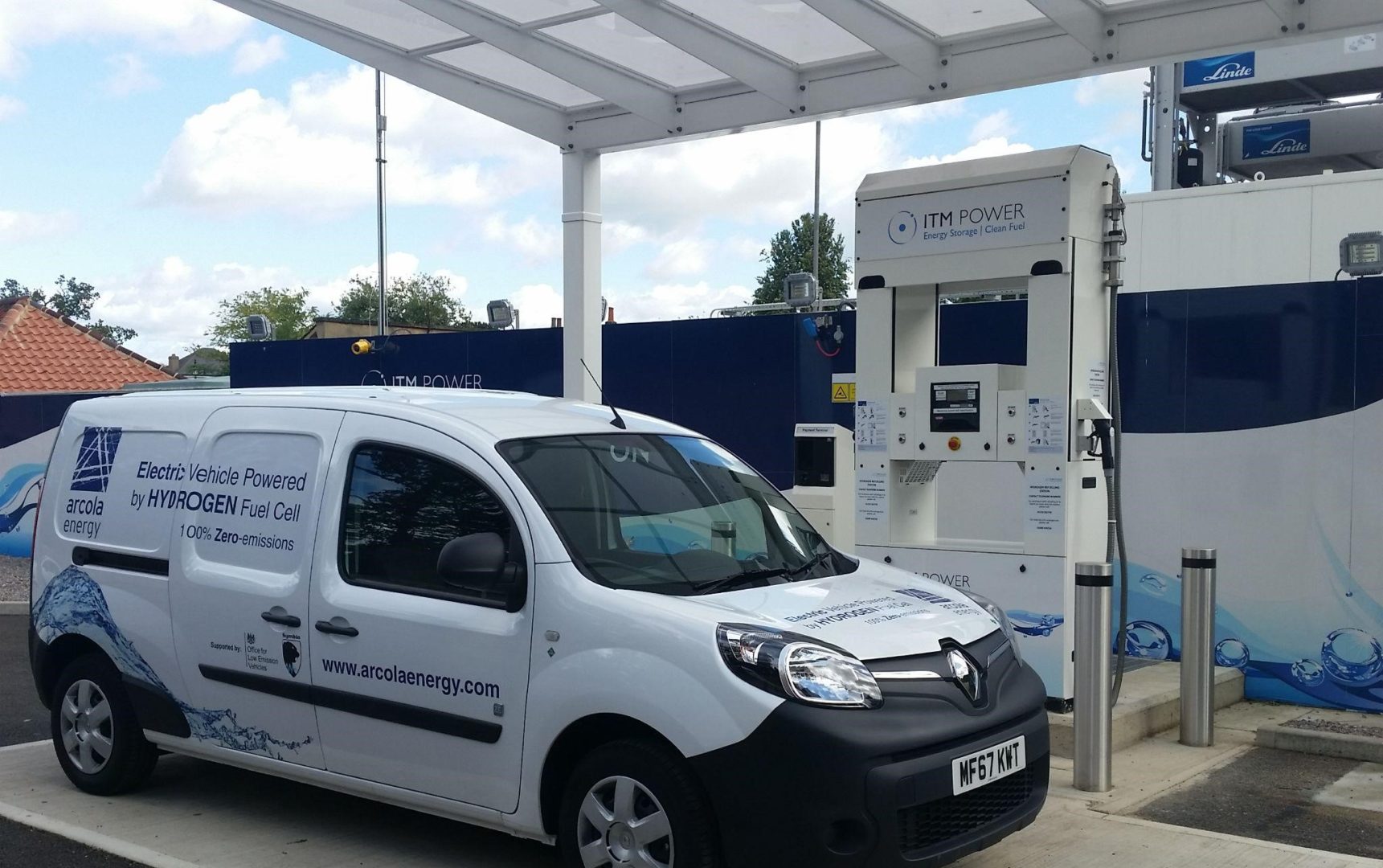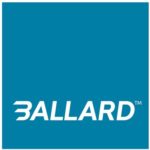
Tees Valley Hydrogen Transport Hub
Case Study
The Challenge
In March 2021, the Department for Transport published the ‘Tees Valley Multi-Modal Hydrogen Transport Hub Masterplan’ and announced £3 million of government funding to kick start the development of the UK’s first hydrogen transport hub.
Ballard Motive Solutions and Cenex were awarded funding from Innovate UK to demonstrate fuel cell range extended electric vans in local authority fleets and quantify the potential hydrogen demand and refuelling locations for a selection of fleets.
The project aimed to give fleet operators real-world experience of operating and refuelling hydrogen vehicles, and highlight which vehicle types and applications are best suited to using fuel cell vehicles.
The Development
The project was undertaken in two main parts with Ballard Motive Solutions delivering five Renault Kangoo ZE-H2 small vans for demonstration trials and Cenex developing regional deployment scenarios based on the results of hydrogen fleet reviews from seven local fleet operators.
Throughout the project Cenex engaged with local fleet operators through one-to-one discussion as well as a series of online workshops.
The purpose of the fleet engagement was to increase knowledge of hydrogen vehicles and infrastructure, identify barriers to adoption, recruit fleets for hydrogen fleet reviews, and to develop a group of organisations that may be interested in partaking in further trials of fuel cell vehicles. Two workshops were held, the first aimed specifically at local authorities and the second open other Tees Valley fleet operators.
The Result
In total 920 vehicles were assessed comprising 495 light commercial vehicles (LCV) and 425 heavy goods vehicles (HGV), representing approximately 0.6% of the LCVs and 12% of the HGVs in the region.
Replacing these vehicles with fuel cell electric vehicles could generate an average daily hydrogen demand of 3,600 kg. This is equivalent to 29% of the 12,500 kg of demand projected for the Hydrogen Transport Hub by 2030.
Mapping demand from vehicle locations showed that 2,280 kg (63%) of the potential hydrogen demand falls within a four-mile radius centred around Port of Middlesbrough; this area covers key locations from four of the seven fleets assessed and Cenex recommends this as a good candidate location for hydrogen refuelling stations to support further operational trials across several applications.
Cenex also found that fuel cell electric vehicles provide additional operational flexibility for the assessed vehicles by providing an additional 65 to 265 miles of maximum range compared to battery equivalents.


